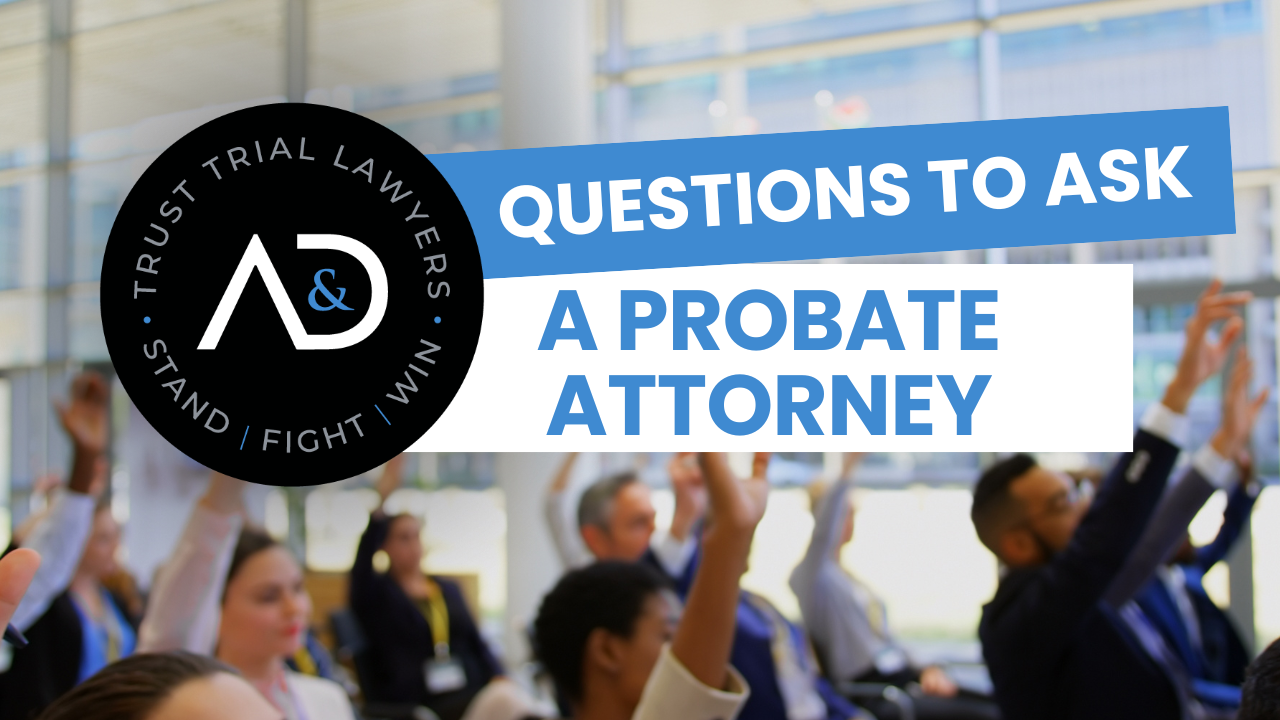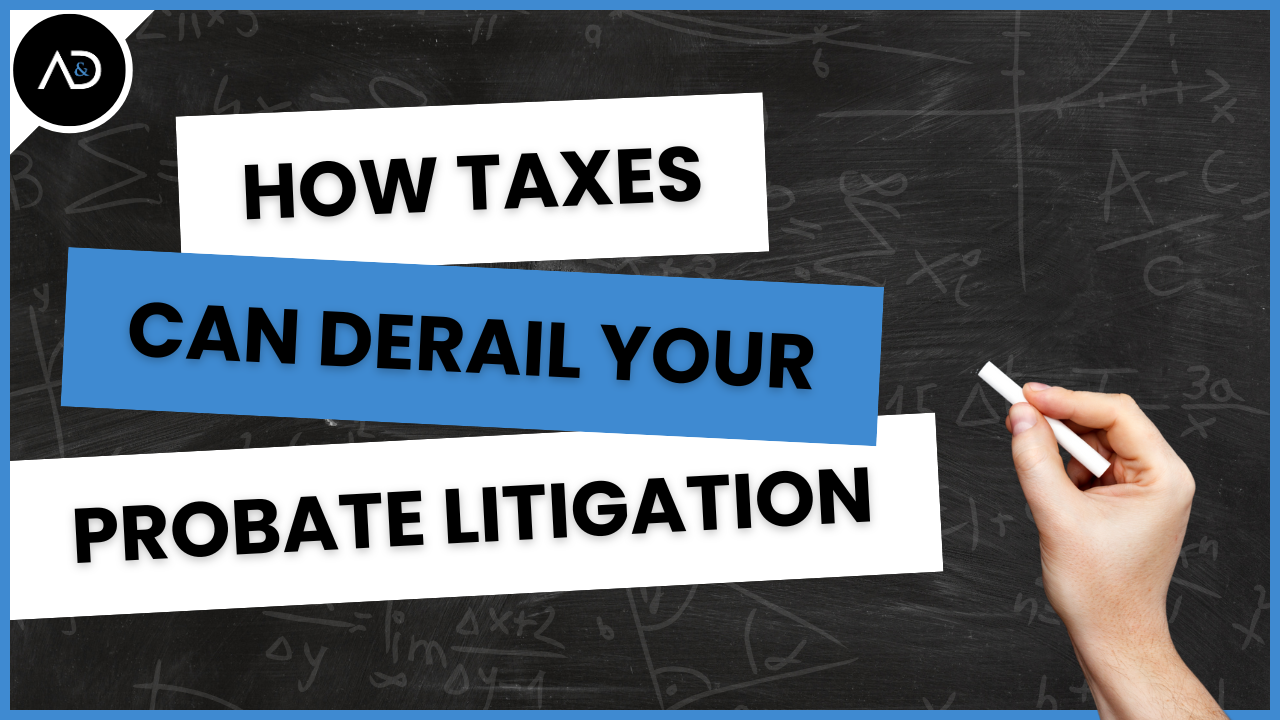
If you’re receiving an inheritance through a trust or a will, you might wonder whether hiring a lawyer is necessary. The short answer is: it depends on your situation. In addition to this blog, watch our video dicussing whether or not you may need to hire or at least consult a probate attorney. When You Don’t Need […]









